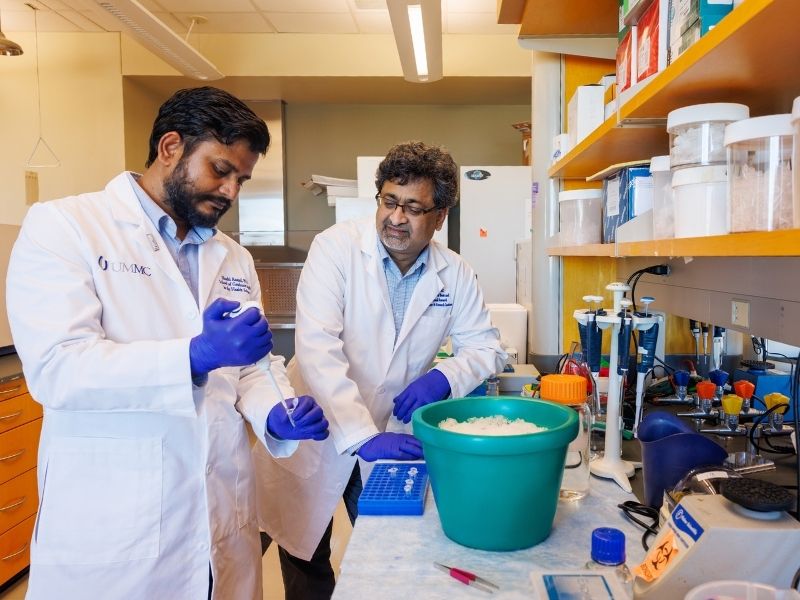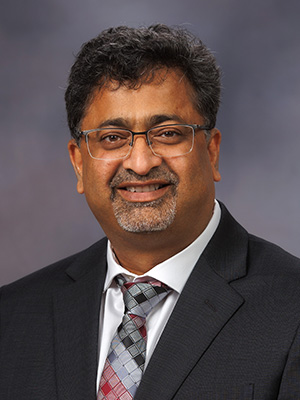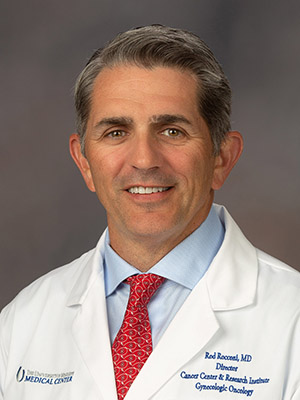Cancer Center and Research Institute secures $1.4 million grant for prostate cancer research

The University of Mississippi Medical Center Cancer Center and Research Institute received a $1.4 million grant from the U.S. Department of Defense to examine the biological factors contributing to prostate cancer and racial disparities in outcomes.
The grant will help advance research on the mechanisms of prostate cancer development and therapeutic resistance and address longstanding health inequities, ultimately guiding the development of more effective and equitable treatment options.

“Disadvantaged minority populations bear the greatest burden of health disparities in the United States. While it is believed that inequities in access to health care are a major contributor, emerging data continues to support a biological basis for such disparities as well,” said principal investigator Dr. Ajay Singh, professor of cell and molecular biology and associate director of basic and translational research at CCRI.
Earlier studies from Singh’s group have identified a protein, MYB, that is abnormally expressed in prostate cancer at higher levels in tumors of Black patients. Research also found that MYB promotes prostate tumor growth and therapy resistance.
This DoD funded project will study how inflammatory signaling is involved in the induction of MYB, which then crosstalk with a stress-associated signaling pathway to promote resistance against currently available cancer therapies.
“Racial and ethnic minorities are exposed to a variety of socioeconomic and psychosocial stressors, which have serious consequences on their health,” Singh said. “These exposures affect their lifestyle choices in a way that creates systemic inflammation and hormonal imbalance, putting them at a higher risk of developing cancer as well as adversely affecting their treatment outcomes.”

Dr. Rodney Rocconi, director of the Cancer Center and Research Institute and Ergon Chair for Cancer Research, said it is his hope that by establishing these connections, the research will guide the development of novel intervention strategies to minimize disparity.
“The immense progress our researchers are making will ultimately enhance the Cancer Center’s ability to deliver advanced, equitable health care by improving the life expectancy and outcomes for Mississipians,” he said.


